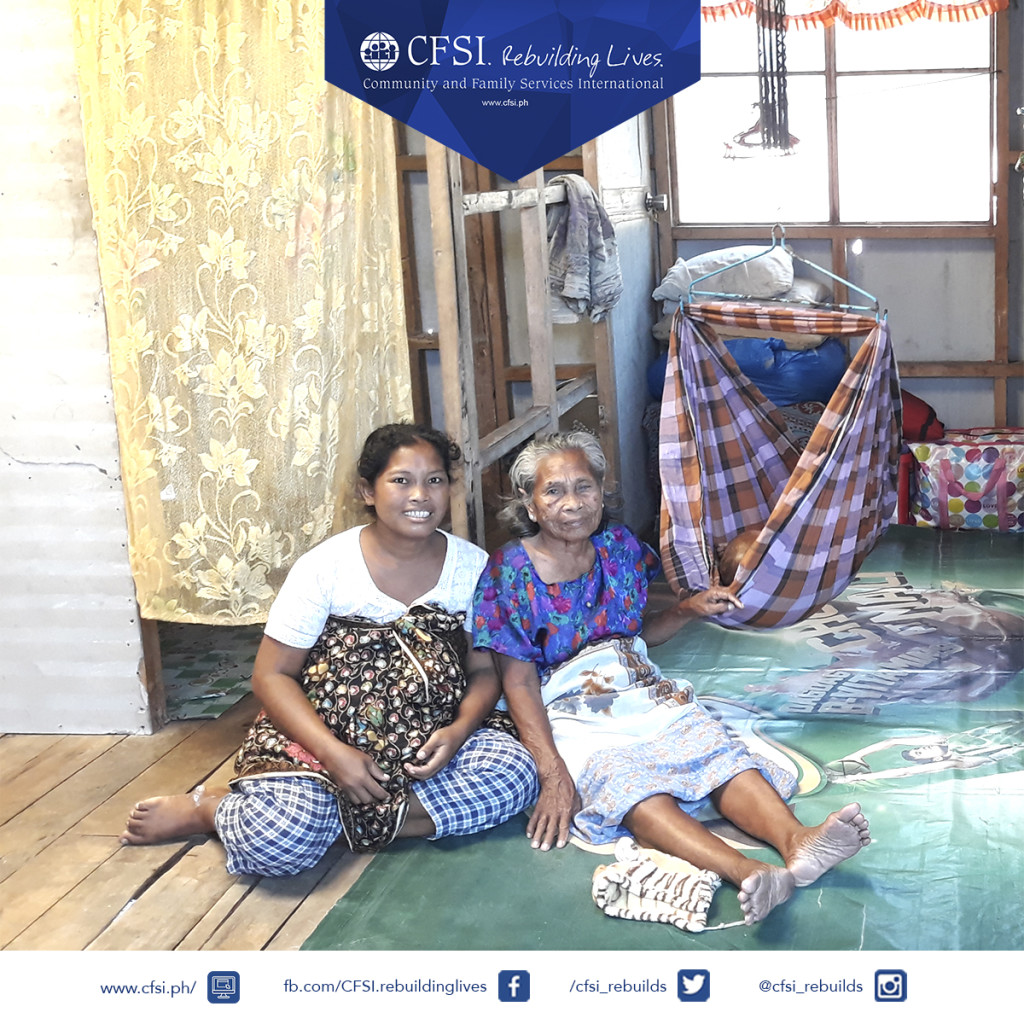Amiya, 38 years of age, a mother of 5 children with another one on the way, has no Certificate of Birth Registration in her name. The same goes for her five children, and, if it were up to Amiya, her sixth will be born without proper registration too. Although she understands that birth registration is one of the main requirements to enroll her children in proper education, the lack of full understanding of civil documentation processes plus financial constraints inhibit her from walking into a government office. Moreoever, Amiya is unsure if she would be capable of sending her children to school. Her family shares their cramped shelter with Dalkiya, Amiya’s 79-yaer-old mother. Despite Dalkia’s old age, she has not yet availed of any services entitled to Senior Citizens because like the rest of their family, Dalkia too lacks birth registration.
Amiya’s story is just one among similar tales of hundreds of families of Sama Badjaus. The Sama Bajaus, known to many as sea gypsies, are considered to be one of the most vulnerable tribes in the Philippines. Owing to their mobility across political boundaries, many of them were and are not registered under a state, making generations of them stateless.
To help address their needs, Community and Family Services International (CFSI) and the European Union (EU) have started implementing the Sama Bajaus Capacity Strengthening Project (SBCSP) in the Philippines. One of the activities of the project to contribute in addressing statelessness is ensuring birth registration among the Sama population in Zamboanga City. CFSI through its various projects in the preceding years established a partnership with the Local Civil Registrar (LCR) of Zamboanga City for faster and smooth processing of their birth certification. During the call to partners for the SBCSP, Atty. Alexander Eric Elias, Department Head of LCR, expressed his all out support for the organization by making the processing of certificates of live birth for at least 500 individuals under the project free of any charge. CFSI will also continue its partnership with the Philippine Statistics Authority (PSA) for the Security Paper (SecPa) copies of birth certificates of the project’s Sama Bajau population.
Through the facilitation of the SBCSP and support of its partners, Amiya’s children will be able to acquire birth certificates both at the LCR and PSA level. The capacity strengthening activities on their civil, human, and political rights and on government services they can access as Sama Bajaus are expected to enable families like that of Amiya to feel they are protected and secured in their own communities and for them to access basic social services like the education of her children.
CFSI-EU also coordinated with the City Social Welfare and Development Office (CSWDO), National Commission on Indigenous Peoples (NCIP), Bureau of Fisheries and Aquatic Resources, (BFAR), Commission on Human Rights (CHR), Department of Education (DepEd) District of Zamboanga, City Health Office (CHO), the Office of the City Environment and Natural Resources (OCENR), and the Barangay Local Government Units of Rio Hondo, Kasanyangan and Arena Blanco during the courtesy calls to partners conducted from 06 – 15 February 2019. To ensure community participation and encourage local ownership, SBCSP with support from the NCIP also conducted a Partner’s Meeting attended by the tribal leaders and chieftains and the Indigenous People’s Mandatory Representatives (IPMR) of the three barangays covered by the project last 22 February 2019. All of the agency heads and community leaders and representatives affirmed their support for the SBCSP which will be implemented until 31 December 2019.
—


